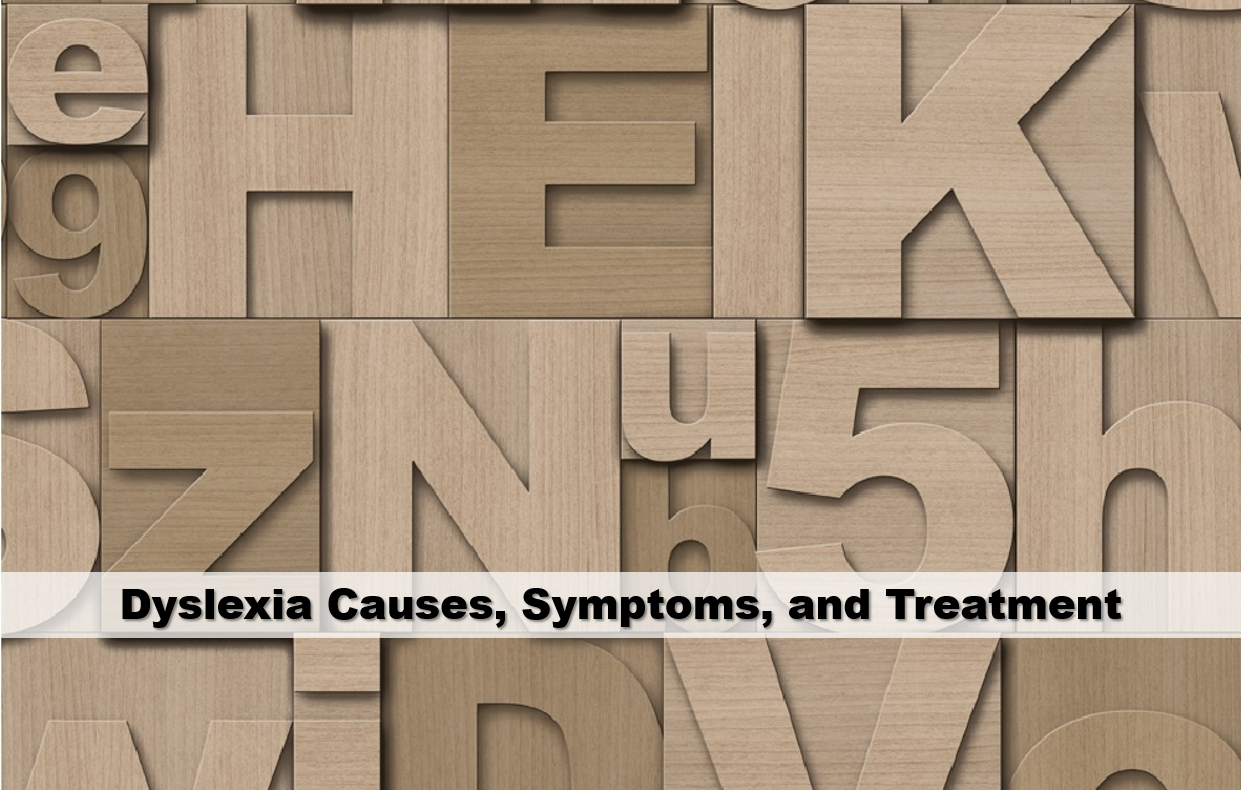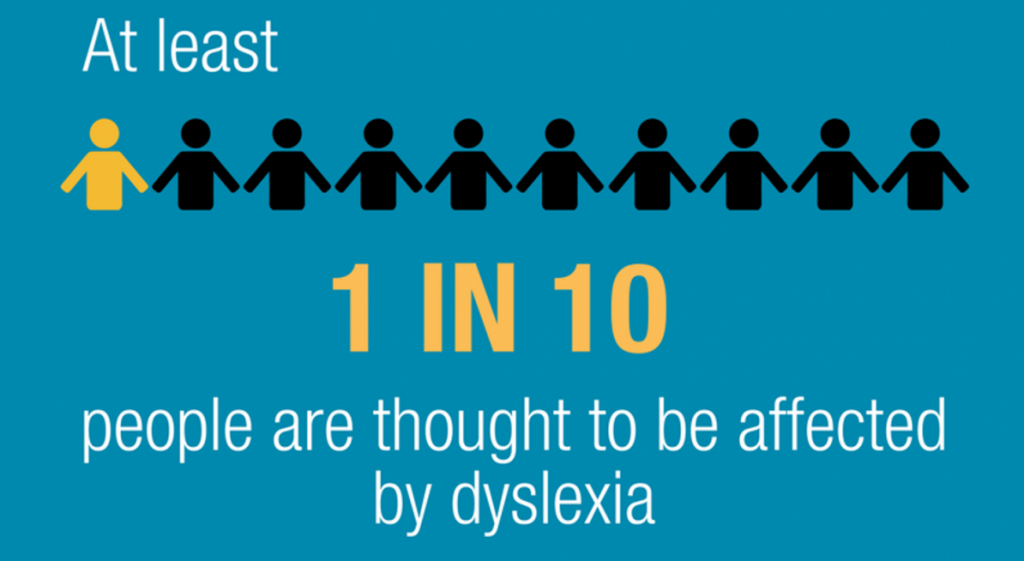Dyslexia Causes, Symptoms, and Treatment

What causes dyslexia in a child? What is the main cause of dyslexia? Dyslexia is one of the rare types of disease in society and is known as learning disabilities. However, dyslexia is not a learning disability, but a learning disability, contrary to common belief, and has nothing to do with mental retardation.
This disease, which was discovered in the 1890s, was characterized by speech differences and memory weakness. Although the incidence of dyslexia in populations varies, a recent study in the United States found that this disease exists between 5% and 15% of the US population. How can I tell if I’m dyslexic? So, what is dyslexia and how does it occur?
What Is Dyslexia?
The left anterior lobe of the brain controls speech management in a healthy individual, whereas patients with dyslexia have difficulty in using this lobe, and speech abnormalities begin to appear. Patients with speech problems may experience excessive or slow speech. When dyslexia is mentioned, it is seen that some scientists call it word blindness.
Patients with dyslexia treat words differently, and it makes speech difficult to analyze, spell, and recognize words. Although many people have dyslexia today, many of them complete their lives without knowing what is dyslexia. It is difficult to identify individuals with dyslexia. Besides, when we look back, it is seen that many geniuses, who have written their names in history, have dyslexia. For example, Albert Einstein, Walt Disney, Leonardo Da Vinci, and Bill Gates are the example of people who are with dyslexia.
Dyslexia Symptoms
Dyslexia may be congenital or may be traumatic after birth. Congenital dyslexia may be caused by complications that may develop before or during delivery. However, we can understand the symptoms of the disease when patients go to primary school because children who start to take an education read and write slower than their peers. They have difficulty writing similar letters and often confuse them. It is also possible to confuse “d” with “b” and “p” with “q” while reading. Their memory is weaker than their peers. Symptoms of dyslexia in general:
- Fluency problem in reading and writing,
- Problems in the spelling and analysis of words,
- Not able to understand what they read
- Distraction during reading,
- Failure to understand advanced grammar skills in children who do not have reading and writing difficulties,
- Lack of concentration according to their peers and consequently difficulty in acting,
- Being weaker physical activities than their peers due to poor coordination in muscle skills,
- Being shy during reading aloud.

Causes Of Dyslexia
Although studies on dyslexia have been ongoing for many years, scientists have not been able to reach the exact causes of this disease. However, it is known that dyslexia results from differences in gene or brain development. The main reason for this view is that approximately 40% of the siblings of individuals with dyslexia suffer from reading difficulties, and about 49% of their parents have dyslexia. Scientists have also discovered several genes that are thought to be due to difficulty in reading and understanding.
|Autism Symptoms (Does Your Child Behave Differently From Their Peers)|
How Is Dyslexia Diagnosed?
Since dyslexia has multiple symptoms, the diagnosis can be quite difficult. The most effective way of making this diagnosis in schools is through the classroom teachers getting to know their students well. Children with signs of dyslexia should go to a hospital for diagnosis of hearing or vision problems. The diagnosis can be facilitated by comparing the findings with the test results. If family members also have dyslexia, the possibility of dyslexia increases.

Treatment Methods For Dyslexia
Since dyslexia is a condition that will last throughout the life of the patient, treatment is planned with the precautions that can be taken regarding the problems caused by the disease rather than treatment, because, unlike many other diseases, the treatment of dyslexia is not possible with any drug or surgical procedure.





